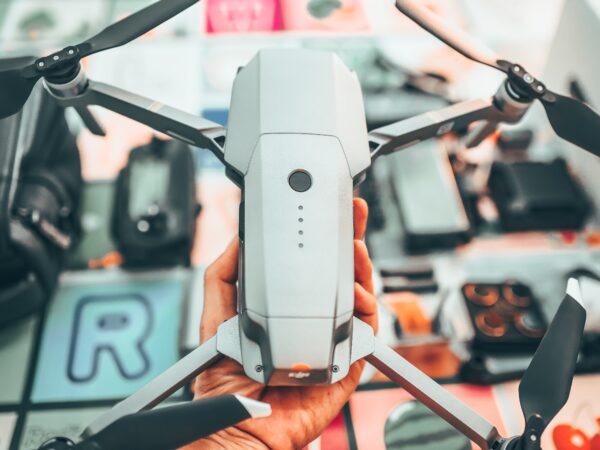The advancements in technology have significantly changed the way we live our lives, including how we interact with one another, learn, work and deal with our mental health. While technology has brought numerous benefits to our lives, it has also come with its set of challenges. One of the significant impacts of technology is on our mental health. In this article, we will explore five surprising ways technology is impacting our mental health.
1. Social Media and Isolation
Social media has revolutionized the way we communicate and connect with one another. It has brought people closer and enabled us to stay in touch with friends and family over long distances. However, social media has also created a new form of isolation. A study conducted by the American Journal of Preventive Medicine revealed that people who spend more time on social media platforms are more likely to suffer from social isolation and loneliness.
One of the reasons behind this is that social media can create a false sense of connection. We often confuse the number of likes, comments, and followers with genuine connection and validation. Thus, we rely on social media for emotional support and connection, rather than building in-person relationships. Moreover, social media has also made it easier for people to avoid social interactions and isolate themselves, especially for those who struggle with social anxiety.
2. Gaming Addiction
Gaming addiction is a growing concern, and technology has played a significant role in its growth. Video games have become more immersive, captivating, and addictive. The desire to reach new levels and achieve high scores can lead to compulsive gaming, which can ultimately lead to addiction. Gaming addiction can impact an individual’s mental health by causing anxiety, depression, and social isolation.
Moreover, gaming addiction can have severe impacts on a person’s life, such as neglecting their health, education, and professional responsibilities. A study conducted by the National Institute of Health revealed that excessive gaming can alter the structure and function of the brain regions responsible for decision-making, attention, and impulse control.
3. Blue Light Exposure and Sleep Deprivation
The blue light emitted by technological devices such as smartphones, laptops, and tablets can disrupt the body’s natural sleep cycle. The blue light can trick the brain into thinking that it is daylight, which can suppress the production of melatonin, a hormone responsible for regulating sleep. Exposure to blue light before bedtime can lead to sleep deprivation, which can impact an individual’s mental health by causing anxiety, depression, and mood swings.
Moreover, sleep deprivation can increase the risk of developing mental health disorders such as bipolar disorder, depression, and anxiety. A study conducted by the National Sleep Foundation revealed that 90% of people admitted to using technological devices in the hour before bedtime, which can lead to disrupted sleeping patterns.
4. Cyberbullying and Online Abuse
The anonymity and accessibility of the internet have made it easy for people to engage in cyberbullying and online abuse. Online abuse can take various forms, such as trolling, harassment, and hate speech. Cyberbullying and online abuse can impact an individual’s mental health by causing depression, anxiety, and low self-esteem.
Moreover, online abuse can lead to offline consequences, such as social exclusion, bullying, and even suicide. A study conducted by the Cyberbullying Research Center found that 34% of students reported experiencing cyberbullying at least once, with 22% reporting experiencing it more than once.
5. Digital Overload and Information Overload
The constant accessibility to technological devices and online information can lead to digital overload and information overload. Digital overload occurs when technology use becomes excessive and takes over an individual’s life. Information overload, on the other hand, occurs when an individual is exposed to more information than they can handle, leading to stress and anxiety.
Digital and information overload can impact an individual’s mental health by causing burnout, stress, anxiety, and depression. Moreover, the constant availability of information can lead to obsessive thinking, which can impact sleep, relationships, and overall mental health.
Conclusion
Technology has brought numerous benefits to our lives, including increased accessibility to information, better communication, and overall ease of life. However, it is essential to recognize the adverse impacts technology can have on our mental health.
It is crucial to use technology responsibly, set boundaries, and prioritize in-person social interactions to prevent the negative impact technology can have on our mental health. While we embrace and benefit from emerging technology, we must also prioritize our mental health and wellbeing.











